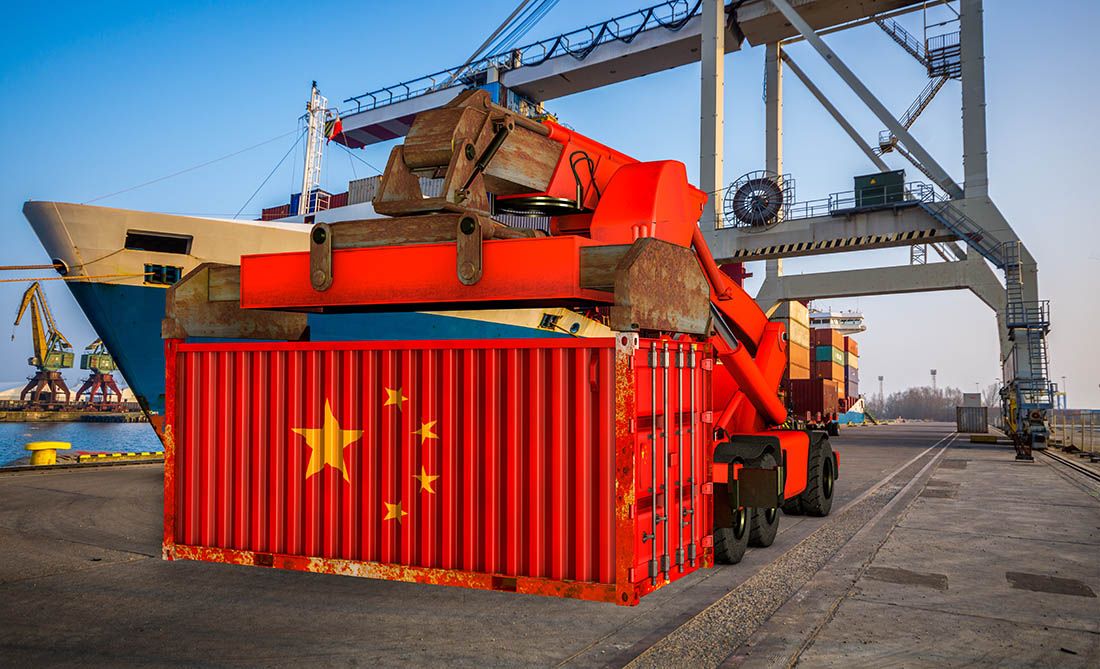China Unlikely to Make Quick Deal with U.S. and Repeat the Mistakes of Japan: LSE’s Jin

Image © Adobe Images
- China has changed negotiation strategy
- Playing ‘it cool’ with longer game
- China won't want to repeat Japan’s mistakes
China is unlikely to make a quick deal with the U.S, a leading authority on China has said, but instead they will play the ‘long game’ and want to see if the current trade situation hurts the U.S. economy sufficiently to improve their negotiating position.
A combination of the adoption of a new strategy by Beijing as well as a desire to avoid the mistakes of the past, especially those of Japan when it signed the Plaza Accord, are major reasons for believing the Chinese will not be a pushover in negotiations.
“China is altering its strategies,” says Keyu Jin, an associate professor at the London School of Economics. “It appears that appearing too eager to get a deal done and making too many concessions too quickly has not worked, so their strategy for now is to play it cool and wait and see if the U.S. economy is sufficiently hurt that President Trump is very interested in making a deal. Then they will act."
The Chinese leadership will be keen to not repeat the mistakes of the Japanese when they signed the Plaza Accord in 1985.
The Plaza Accord was an agreement by the 5 largest powers in the world - the U.S, Germany, Japan, the UK and France - to actively intervene to help the U.S. Dollar to depreciate so that its exports could be more competitive in world markets.
“The leadership of China believes that they should learn from the so-called mistakes of Japan. They believe that the Japanese experience - very much like what is going on between China and the U.S. today - the fact that they conceded to the Plaza Accord, appreciated their currency, and even limited their own exports, was a harbinger of decades of lost growth. China does not want to repeat that mistake. So that is very much in the mindset of the leadeship,” says Jin.
The Yen rose by 51% against the U.S. Dollar in the 2 years following the signing of the Plaza Accord as a consequence of the central bank intervention to strengthen the Yen.
The fallout for Japanese industry, however, was negative as the strong Yen made Japanese goods less competitive and caused a recession. This then led the Bank of Japan (BOJ) to enact extreme easing to weaken its currency again after 1987 when the Plaza Accord ended and was replaced by the Louvre Accord.
The asset price inflation caused by the ultra easy policies of the BOJ following 1987 were thought to have created the Japanese asset bubble of the late 80s, which then burst and ushered in decades of slow growth and Japan’s ‘lost decade’.
The Chinese leadership also appears to distrust the U.S. administration, and need to be “convinced that there is true genuine interest that there will be no changes,” before they return to the negotiating table with serious intent.
Jin says it appears “swift changes in mind,” have made them suspicious of the U.S’s true intent.
The need to be “convinced that the U.S. has a very firm stance, and of course we don’t know what goes on underneath the negotiation table, but that kind of confidence is very important,” says the LSE academic.
The recent steep devaluation of the Yen is nothing new - “Just a couple of years ago there was a massive scare about a further depreciation and capital outflows,” says Jin.
Its devaluation to above 7 versus USD is a consequence of fundamental factors rather than manipulation.
“The Chinese economy is slowing down so you have to see that a symptom - the depreciation of the exchange rate. Of course the trade war has not helped and it is also probably a market reaction to increases in tariffs, so I wouldn't categorise this as a manipulation of the currency,” says Jin.



